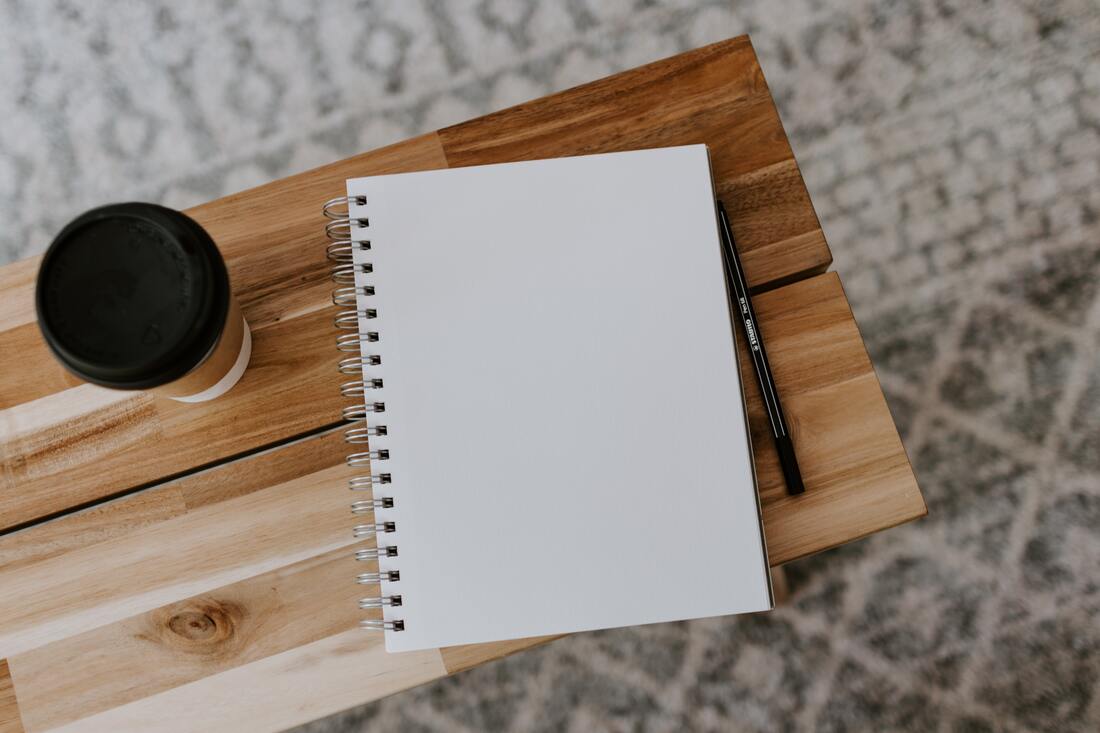|
There are certain things that happen in our lives that cause us to reflect and look back on our words and actions. Breakups are events that can bring upon this kind of deeper look at and reflection of ourselves and our actions. It can be all too easy to get caught up in the rumination of what we feel we did wrong, did not do well enough, or wish we would have done/said more of.
Although it can be helpful to honestly look at where we can improve and do better, it can be unhelpful to stay stuck in a cycle of regret and anxiety over wishing we could go back and do things differently. If you are going through a breakup and notice yourself going back to the “could have, should have, would haves”, then it may be a sign you need to reframe the past in order to move forward in a new, more productive way. The difference between mistakes and regrets is that we usually do not learn from regrets. We often do not have gratitude for things that we regret, and this feeling only brings up more painful emotions, such as shame, guilt, stress and distress. Regret can keep us stuck in shame and it is hard to learn, grow and evolve from a place of shame and self-hatred. Mistakes on the other hand often bring us closer to our ultimate goals, are things we can usually turn into tools for growth, and are markers that we can look back on, make meaning of, and be thankful for. So how do we take our mistakes in our last relationship and turn them into lessons? First it is important to change the words we use when we talk and think about the past. If we find ourselves using ‘should’ a lot- that is typically a sign we are having trouble letting go and accepting that we cannot change what happened in the past. Instead of “I should have been more affectionate to my partner” we can instead say “I’m becoming aware of the ways in which I withheld affection”. Kindly observing our actions keeps us out of toxic and judgmental self-talk and is what ultimately helps us stay aware of what we want to change for next time. We can then go on to add what we want to do more of in the future. For example, “In my next relationship, I can be more aware of this pattern of withholding affection and open myself up to giving and receiving more affection”. We can then remind ourselves of this wish and commit to it intentionally- “ I commit to begin staying aware of this pattern in both my romantic relationships and friendships moving forward”. In order to feel like we can use our mistakes as propellers to be better, we need to be willing to forgive the parts of us that were not able to show up in the ways we may have wished. If we often said hurtful things or lashed out at our ex-partner, we need to be willing to more deeply understand why we might have been doing these things instead of simply beating ourselves up for the words or actions. Compassion and understanding are the precursors needed to forgive, and we can only understand if we are willing to be more kind with the way we are looking at ourselves. If we don’t gain insight into why we keep acting a certain way, we can be doomed to recreate the same patterns over and over again until we gain more awareness. Similar to the ways in which it makes it easier to forgive others when we learn more about their experience, their past and have a better understanding of the context of a given situation, the same is true for ourselves. These things do not become excuses, but simply give us a different lens in which to view ourselves and others in a more kind and loving way. |

 RSS Feed
RSS Feed